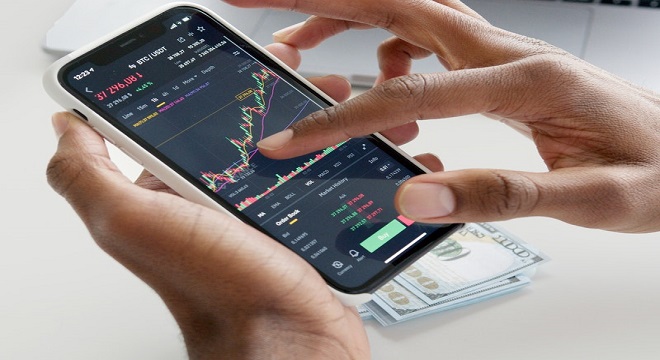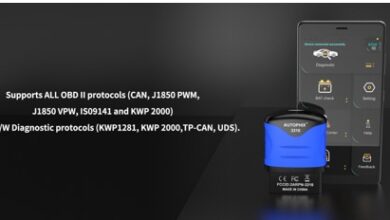Maximising Your Profit Potential: Trading Commodities with CFDs

If you’re looking to expand your trading portfolio, commodities are a great option. And when it comes to trading commodities, contracts for difference (CFDs) are an increasingly popular choice. This article will explore the benefits of trading commodity CFDs and how you can maximise your profit potential.
Understanding CFDs on Commodities
CFDs on commodities allow you to trade on the price movements of commodities without actually owning the underlying asset. Essentially, you’re trading on the difference between the opening and closing price of the contract. They are a leveraged product, which means you can gain exposure to the market with a smaller initial investment.
Benefits of Trading Commodities with CFDs
One of the most significant advantages of trading using CFDs to trade commodities is the ability to go long or short on the market. This means you can profit from both rising and falling prices. CFDs also allow you to trade on margin, increasing your position size and potential profits with a smaller investment. Additionally, CFDs have lower transaction costs compared to trading physical commodities.
Understanding the Commodity Market
To effectively trade CFDs on commodities, it’s essential to have a good understanding of the commodity market. This includes factors that affect supply and demand, such as weather patterns, geopolitical events, and economic indicators. Keeping up with commodity news and trends can help you make informed trading decisions.
Top Traded Commodities with CFDs
The most popular commodities traded with CFDs include precious metals, such as gold and silver, as well as energy commodities, like oil and natural gas. Agricultural commodities like corn, wheat, and soybeans are also popular among traders. These commodities are heavily traded due to their widespread use and importance in global markets. Other commodities commonly traded with CFDs include copper, platinum, palladium, and coffee.
Strategies for Trading CFDs on Commodities
Successful trading of commodities with CFDs requires a solid trading strategy. One common strategy is technical analysis, which involves analysing price charts and identifying trends and patterns. Fundamental analysis, which involves examining economic and geopolitical factors, is another approach. Additionally, risk management techniques like stop-loss orders and position sizing can help mitigate potential losses.
Risks of Trading CFDs Commodity
While there are potential profits to be made, investing in commodities through CFDs also carries risks. Commodities can be highly volatile, and leverage amplifies both potential profits and losses. It’s crucial to have a solid understanding of risk management techniques and to only invest what you can afford to lose.
Choosing a Broker for Trading CFDs on commodities
Choosing the right broker for trading can significantly impact your trading experience. One of the most important factors to consider is regulation. To ensure the safety of your funds, it’s important to verify that the broker is regulated by a reputable financial authority. Additionally, it’s essential to consider the fees charged for trading CFDs on commodities. Look for brokers with competitive spreads and low commission rates. Finally, platform features such as charting tools, technical indicators, and order types are essential for effective trading. Ensure the broker you choose offers a platform that fits your trading style and needs.
Conclusion
Trading commodity CFDs can be a profitable and exciting way to diversify your trading portfolio. With the ability to profit from both rising and falling prices and lower transaction costs, CFDs on commodities are a popular choice among traders. However, it’s essential to have a solid understanding of the commodity market and employ effective trading strategies and risk management techniques to maximise your profit potential while minimising risk. Moreover, keeping up-to-date with news and events affecting commodity prices, such as geopolitical tensions and weather patterns, can be crucial in making informed trading decisions.





